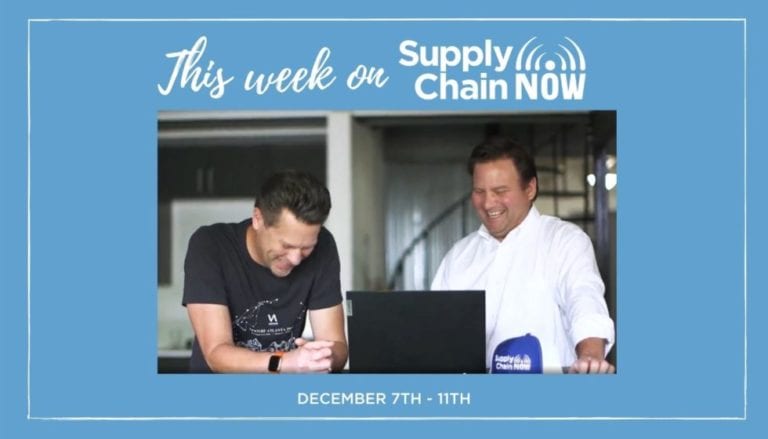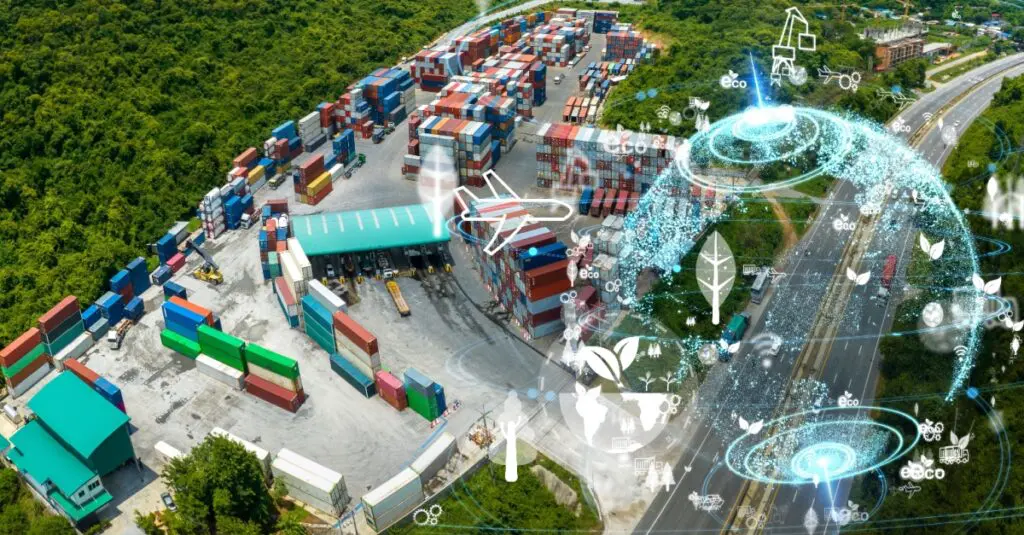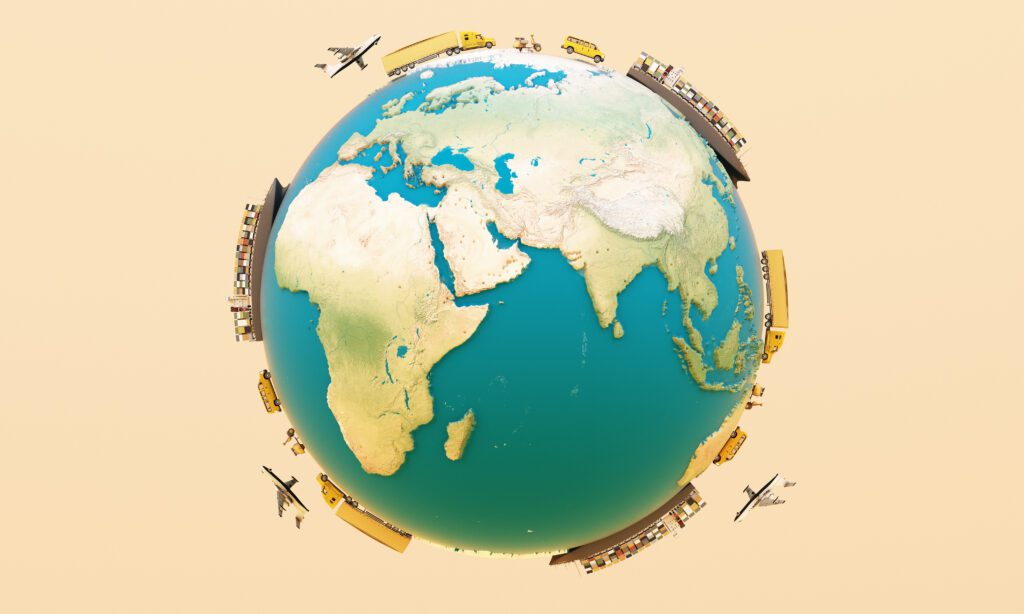
This Week on Supply Chain Now: December 7th – 11th
Get Ready to increase your supply chain IQ! We’ve got all the latest episodes, interviews, conversations, and livestreams right here from Supply Chain Now this week.
On Saturday, Supply Chain Now hosts Scott Luton, Greg White, and Jamin Alvidrez share their perspective on the industry, top business challenges, and what their priorities are.
On Monday, Fred Tolbert, Principal at Southeast Demand Solutions in Marietta Georgia, joined the Supply Chain Now team for a recent livestream to discuss the pandemic, the latest supply chain industry news, and what new developments we can expect to see going forward.
On Tuesday’s podcast episode, Stephanie Stuckey of Stuckey’s Corporation joined us for our Full Access series to share her professional journey.
On Wednesday, Scott welcomed Shan Muthuvelu and Steffanie Ness with UCBOS to talk about the convergence of retail and eCommerce supply chains as well as the importance of metadata
On Thursday, David Shillingford with Resilience360 joined us on the Supply Chain Buzz to discuss the top news in supply chain with Scott & Greg.
And our final episode this week Polly Mitchell-Guthrie and Patrick Van with Kinaxis join us too talk about what true supply chain resilience looks like, machine learning in 2021, and more.
Which was your favorite episode this week? Never miss an episode by subscribing to Supply Chain Now! Make sure you tune in next week for more great conversation, timely topics, and exceptional guests.
More Articles

Guide to Sustainability in Logistics: Implementing Eco-Friendly Practices

